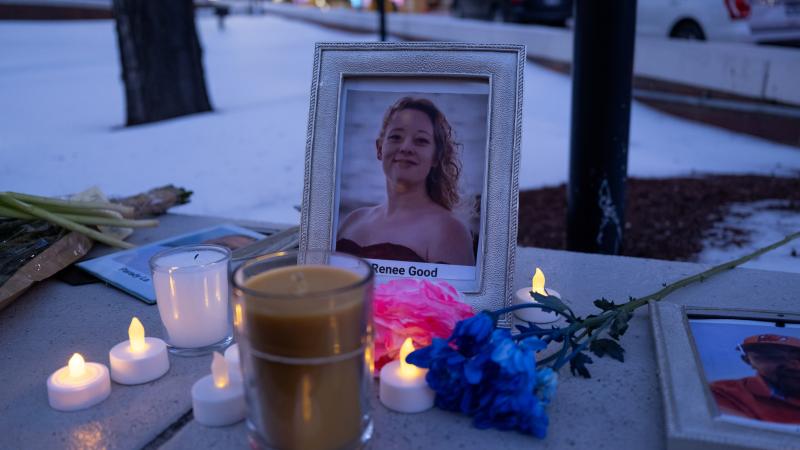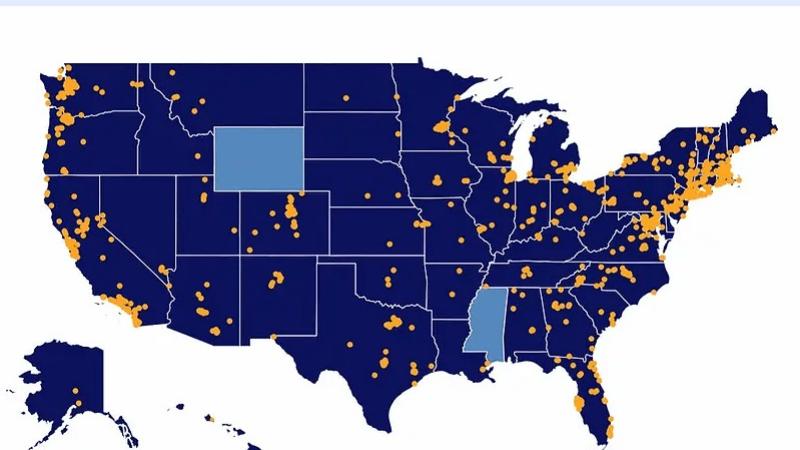Virginia Supreme Court upholds law restoring longer prison sentences
Before 2020, state law stipulated that for every 30 days of good behavior, inmates could receive a maximum of 4.5 days off sentences.
In 2020, the General Assembly passed landmark legislation effective July 1, 2022, that would have shortened the sentences of thousands of Virginia inmates, but now the Virginia Supreme Court upheld a later 2022 law.
Before 2020, the Code of Virginia stipulated that for every 30 days of good behavior, inmates could receive up to a maximum of 4.5 days off their sentences.
The General Assembly’s HB 5148 of 2020 enacted a retroactive maximum of 15 days for “any person who is confined in a state correctional facility and [is] participating in the earned sentence credit system on July 1, 2022.” Inmates’ level of compliance with prison policies and procedures, recommended programs and job assignments would determine their days earned. The law also specified that the new “enhanced” earned credit system would not apply to certain violent crimes.
Inmates exhibiting good behavior who had committed “mixed” crimes – perhaps several nonviolent and one violent crime – would still be eligible for a greater reduction of sentences for nonviolent offenses, while ineligible violent crimes would remain untouched.
The 2022 law was passed through a budget amendment in last-minute negotiations for the same effective date of July 1, 2022. Though it left the enhanced earned credit system of HB 5148 in place for inmates convicted solely of nonviolent crimes, it disallowed greater sentence reductions for anyone convicted of mixed crimes.
Antoine Anderson was serving a sentence for mixed crimes when the 2020 law came down. Detained for felony drug charges in 2004, he unsuccessfully attempted to escape the jail where he was being held and was subsequently sentenced with one year for attempted escape, five years for abduction, two years for assault on a law enforcement officer, and five years for a second assault on a law enforcement officer.
The Virginia Department of Corrections had begun notifying inmates, including Anderson, of their earlier release dates under HB 5148 as July 1, 2022, neared – only to rescind that notification in June 2022, when the budget amendment was passed for that same effective date.
With the American Civil Liberties Union as his defense, Anderson sued the VDOC, arguing that the shorter sentencing he had first been notified was owed him under the law. Because the 2022 law did not include retroactive language and “violated the constitutional prohibition on ex post facto laws,” HB 5148 should apply to his time served before July 1, 2022.
Lower courts ruled against Anderson, and the case was appealed to the Supreme Court of Virginia.
Justice Wesley G. Russell, Jr. argued in a unanimous opinion Thursday that the 2022 budget amendment need not include retroactive language; the 2020 law hadn’t been effective until July 1, 2022, and the later law supersedes the former according to legal precedent. Thus, Anderson had not earned the credits he had claimed, according to Russell.














